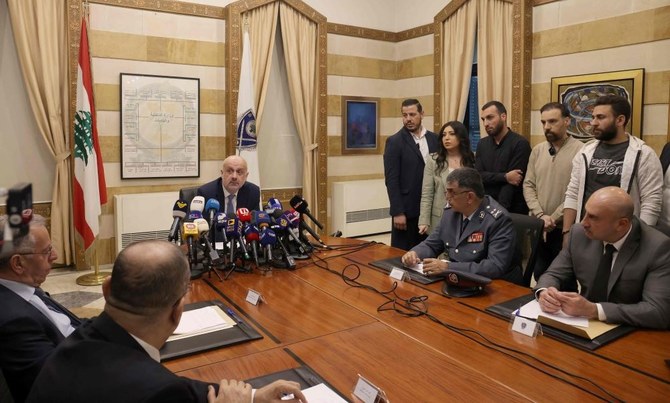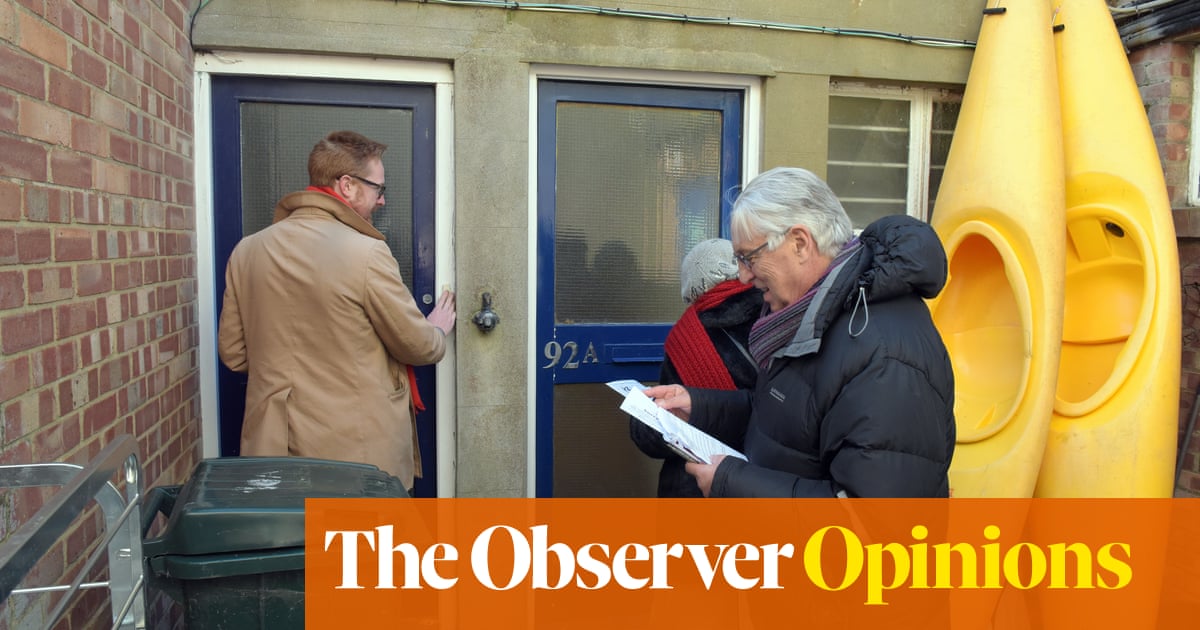
The Christians of Lebanon find themselves defenseless against the existential threat that is coming their way from Islamist Iran and its Hezbollah militia. This week, Pascal Sleiman, a father of three and an official with Lebanon’s biggest Christian party, the Lebanese Forces, was kidnapped and later found dead. He became the second Lebanese Forces official to be murdered in the space of eight months, after Elias Hasrouni was assassinated last August.
Shortly after the news of Sleiman’s kidnapping spread, Hezbollah launched a disinformation campaign, in which it tried to accuse him of being a victim of his dealings with the narcotics underworld.
But when this fabrication did not stick, thanks to Sleiman’s stellar reputation as an IT engineer and family man, the disinformation instead argued that he was the victim of a random carjacking.
A day after his disappearance near the coastal city of Byblos, Sleiman’s body was found in a border town with Syria in the northeast. The idea that car thieves would drag the body of their victim to their presumed stronghold, some 100 km away, instead of disposing of it right where they intercepted him, which was a desolate area, raises more questions than it answers.
Sleiman was reportedly killed by a blow to the back of his head using the bottom of a handgun.
In August, the body of Hasrouni was recovered near his car, which had veered off the road that led to his hometown in southern Lebanon. Again, Hezbollah launched a disinformation campaign and claimed that Hasrouni had been killed in a car crash. But forensic medical examiners found that Hasrouni was killed the same way as Sleiman: a blow to the back of his head with the bottom of a handgun.
Eyewitnesses said that, before Hasrouni’s murder, locals had observed bearded men with baseball hats — a common Hezbollah style — sitting in a car and monitoring the road. Videos later showed that Hasrouni was intercepted and killed.
In February 2021, Lokman Slim, an outspoken Shiite opponent of Hezbollah, also disappeared while he was driving on a road in south Lebanon. He was later found killed in his car, shot five times by a gun with a silencer. Before murdering him, Slim’s assassins carried out the same exercise as Sleiman’s killers: they threw away his cellphone to prevent electronic tracing.
The pattern of carjacking, disposing of the kidnapped person’s cellphone and then either shooting or hitting the victim on the back of the head suggests that the assassins were likely deployed by the same party and told to use similar tactics.
With Sleiman, given the tensions his murder has raised between Lebanon’s Christian Maronites and Muslim Shiites, the killers seem to be trying to scapegoat a few low-grade car thieves. But a clash in the official narrative has revealed some confusion on the part of the Lebanese state, which is now firmly under Hezbollah’s thumb. While Prime Minister Najib Mikati called the operation an “assassination,” the Lebanese army endorsed the claim that the perpetrators were Syrian thieves. Like Mikati, the Lebanese Forces called Sleiman’s murder “an assassination par excellence.”
Feeling threatened, partisans of the Lebanese Forces have revived their battle cry from the days of the civil war that ended in 1990: “Danger is knocking on the doors.”
Meanwhile, in a speech, Hezbollah chief Hassan Nasrallah warned the Lebanese Forces and another Christian party, the Phalange, against stoking sectarian tensions that could lead to a new civil war. This was a not-so-veiled threat for Christians to take the hit lying down.
Assassinations are not the only threat the Christians of Lebanon have been facing. Since Nasrallah announced his “war of support” of Gaza on Oct. 8, his militia has hidden in the predominantly Christian southern town of Rmeish with the aim of firing rockets into Israel. In December, a launcher was found in the outskirts of the town and was removed by the army. Hezbollah tried to repeat the same trick again last month, but this was rejected by locals.
Residents of many other southern towns have also repulsed Hezbollah’s attempts to launch rockets into Israel from their areas for fear of a devastating Israeli reprisal.
Sleiman this week became the second Lebanese Forces official to be murdered in the space of eight months.
Hussain Abdul-Hussain
Hezbollah’s campaign of assassinations of its opponents started, if we are to believe the UN Special Tribunal for Lebanon, in 2005, when it killed former Prime Minister Rafik Hariri. Since then, the Iran-backed militia has killed at least two dozen opponents.
Hezbollah’s harassment of Christians has aggravated an already open wound: Since 1975, the number of Christians in Lebanon has dwindled, with their proportion in the population declining from half to about a third.
Losing their numbers is not the only Christian problem. The Lebanese Forces — a formerly formidable militia that disarmed after the civil war, like all other armed militias with the exception of Hezbollah — is now at the mercy of its rivals, especially the Iran-backed militia.
In the absence of a just and capable state, Lebanon’s Christians are facing extinction unless the world finds a way to help them persist in a country that Christianity believes witnessed the first of Jesus’ miracles.
Hussain Abdul-Hussain is a research fellow at the Foundation for Defense of Democracies (FDD), a Washington-based nonpartisan research institute focusing on national security and foreign policy. X: @hahussain











